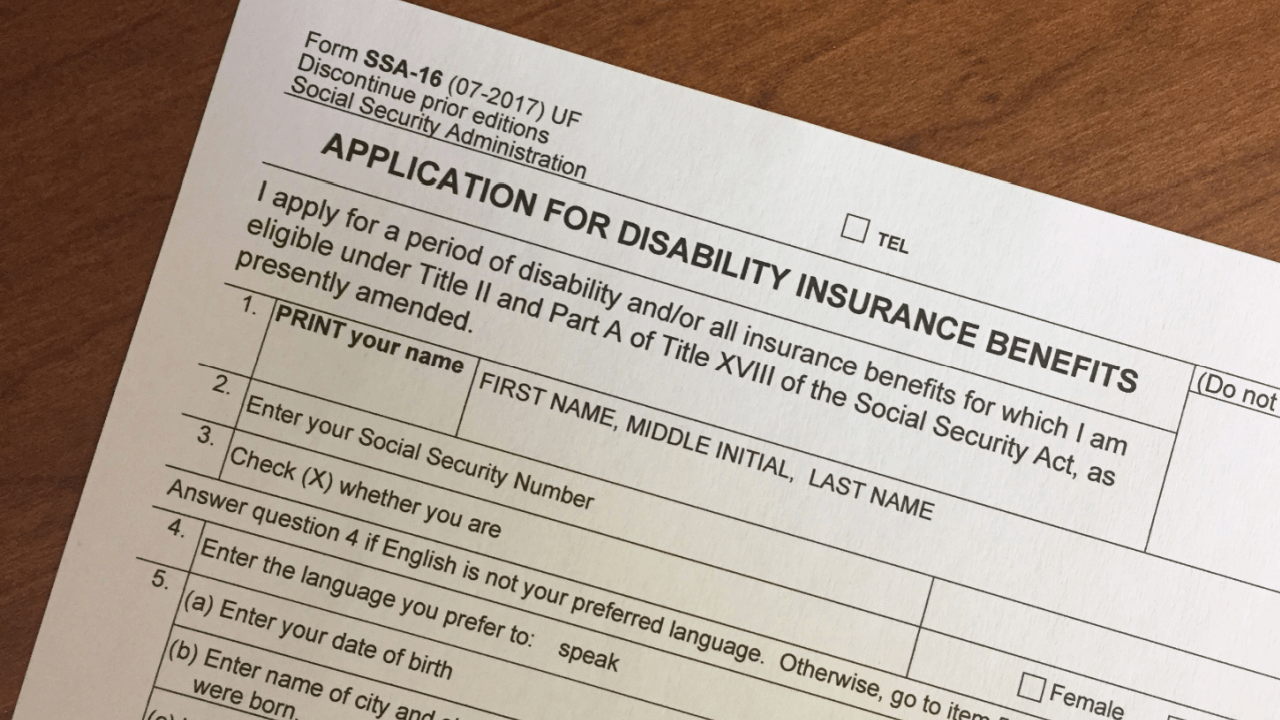
Can You Be Denied SSI But Approved for SSDI?
Can You Be Denied SSI But Approved for SSDI? Understanding the Basics
Can you be denied SSI but approved for SSDI? The answer is absolutely yes, and this happens more often than many people realize. These two federal disability programs serve different purposes and have distinct eligibility requirements that can lead to vastly different outcomes for the same applicant.
Social Security Disability Insurance (SSDI) and Supplemental Security Income (SSI) are both administered by the Social Security Administration, but they operate under completely different rules. Understanding these differences is crucial for anyone navigating the disability benefits system and wondering why they might qualify for one program but not the other.
Rule Difference: Why Someone Can Be Denied SSI But Approved for SSDI
The primary reason someone can be denied SSI but approved for SSDI lies in the fundamental differences between these programs. SSDI is an insurance program based on your work history and the Social Security taxes you’ve paid. SSI, on the other hand, is a need-based program with strict income and asset limitations.
When you apply for SSDI, the Social Security Administration evaluates your work credits and medical condition. If you’ve worked long enough and recently enough to earn sufficient credits, and your disability meets their criteria, you can qualify regardless of your current financial situation. Your spouse’s income, savings accounts, or valuable assets don’t disqualify you from SSDI benefits.
SSI operates differently. Even if you meet the medical requirements for disability, you can be denied SSI if your household income exceeds $943 per month for individuals or $1,415 for couples in 2024. Additionally, if your countable assets exceed $2,000 for individuals or $3,000 for couples, you’ll be denied SSI benefits regardless of your disability status.
Real-Life Scenarios: Common Scenarios Where You Can Be Denied SSI But Approved for SSDI
Several real-world situations demonstrate when someone can be denied SSI but approved for SSDI. Consider a married individual whose spouse works full-time. The spouse’s income might push the household above SSI’s income limits, resulting in SSI denial. However, if the disabled person has sufficient work credits, they can still qualify for SSDI.
Another common scenario involves people with modest savings or valuable assets. A person might own a reliable vehicle worth $15,000 or have $5,000 in savings for emergencies. These assets could disqualify them from SSI while having no impact on their SSDI eligibility.
Young adults who worked several years before becoming disabled often find themselves in this situation. They may have earned enough work credits for SSDI but still live with parents whose income affects their SSI eligibility. The question “can you be denied SSI but approved for SSDI” becomes very relevant for this demographic.
Medical Requirements: Where SSI and SSDI Align
While financial criteria differ dramatically, both programs use identical medical standards to determine disability. The Social Security Administration applies the same five-step evaluation process for both SSI and SSDI applications. This means your medical condition either qualifies for both programs or neither.
The medical evaluation considers whether your condition prevents you from performing substantial gainful activity, appears on the Listing of Impairments, or prevents you from doing any work that exists in significant numbers in the national economy. These standards remain consistent regardless of which program you’re applying for.
Maximizing Your Chances: Can You Be Denied SSI But Approved for SSDI and Still Appeal?
If you find yourself asking “can you be denied SSI but approved for SSDI,” you should understand your appeal options. You can appeal an SSI denial while maintaining your SSDI benefits. Sometimes, changes in circumstances like reduced household income or decreased assets can make you eligible for SSI later.
Many people benefit from applying for both programs simultaneously, even if they suspect they might only qualify for one. The application process is similar, and having both applications pending ensures you don’t miss potential benefits.
Essential Steps: Getting SSDI Approved When SSI Is Denied
When you can be denied SSI but approved for SSDI, focus on highlighting your work history and earnings record. Ensure the Social Security Administration has accurate information about your employment and that all your work credits are properly recorded.
Document your medical condition thoroughly, as this affects both programs. Strong medical evidence supporting your disability claim can support an SSDI application, even if SSI remains out of reach due to financial factors.
Comparison Summary: Can You Be Denied SSI But Approved for SSDI?
Understanding that you can be denied SSI but approved for SSDI empowers you to make informed decisions about your disability benefits strategy. These programs serve different purposes within the Social Security system, and qualification for one doesn’t guarantee qualification for the other. The key lies in understanding each program’s unique requirements and how they apply to your specific situation.
Benefits Navigation Help: Navigate Your Disability Benefits Successfully
If you’re wondering, “Can you be denied SSI but approved for SSDI?” based on your circumstances, don’t wait to explore your options. Contact Social Security to discuss your eligibility for both programs, and if you’re looking for legal guidance, consider consulting with a disability attorney at socialsecuritydisability.com to discuss how SSI and SSDI eligibility rules apply to your situation and to navigate the application process.
Frequently Asked Questions
1. Can you be denied SSI but approved for SSDI if you're married?
Yes, marriage often affects SSI eligibility due to spousal income counting toward household limits, while SSDI eligibility remains unaffected by your spouse’s earnings.
2. What income limits cause SSI denial but not SSDI denial?
SSI has strict monthly income limits ($943 for individuals in 2024), while SSDI has no income limits once you’re approved, though substantial gainful activity rules apply during the application process.
3. Can asset ownership affect whether you can be denied SSI but approved for SSDI?
Absolutely. SSI limits assets to $2,000 for individuals, but SSDI has no asset restrictions, making it possible to own significant property and still qualify for SSDI.
4. How do work credits determine if you can be denied SSI but approved for SSDI?
SSDI requires sufficient work credits earned through Social Security tax payments, while SSI has no work credit requirements, focusing instead on financial need.
5. Can age affect whether you can be denied SSI but approved for SSDI?
Age can influence both programs differently. SSDI requires recent work history, while SSI focuses on current financial status regardless of work history, potentially creating different outcomes based on age-related circumstances.
Key Takeaways
- You can absolutely be denied SSI but approved for SSDI due to different eligibility criteria.
- SSDI approval depends on work credits and medical condition, not current financial status.
- SSI denial often results from excess income or assets, even with qualifying medical conditions.
- Both programs use identical medical standards for determining disability.
- Applying for both programs simultaneously maximizes your chances of receiving benefits.


